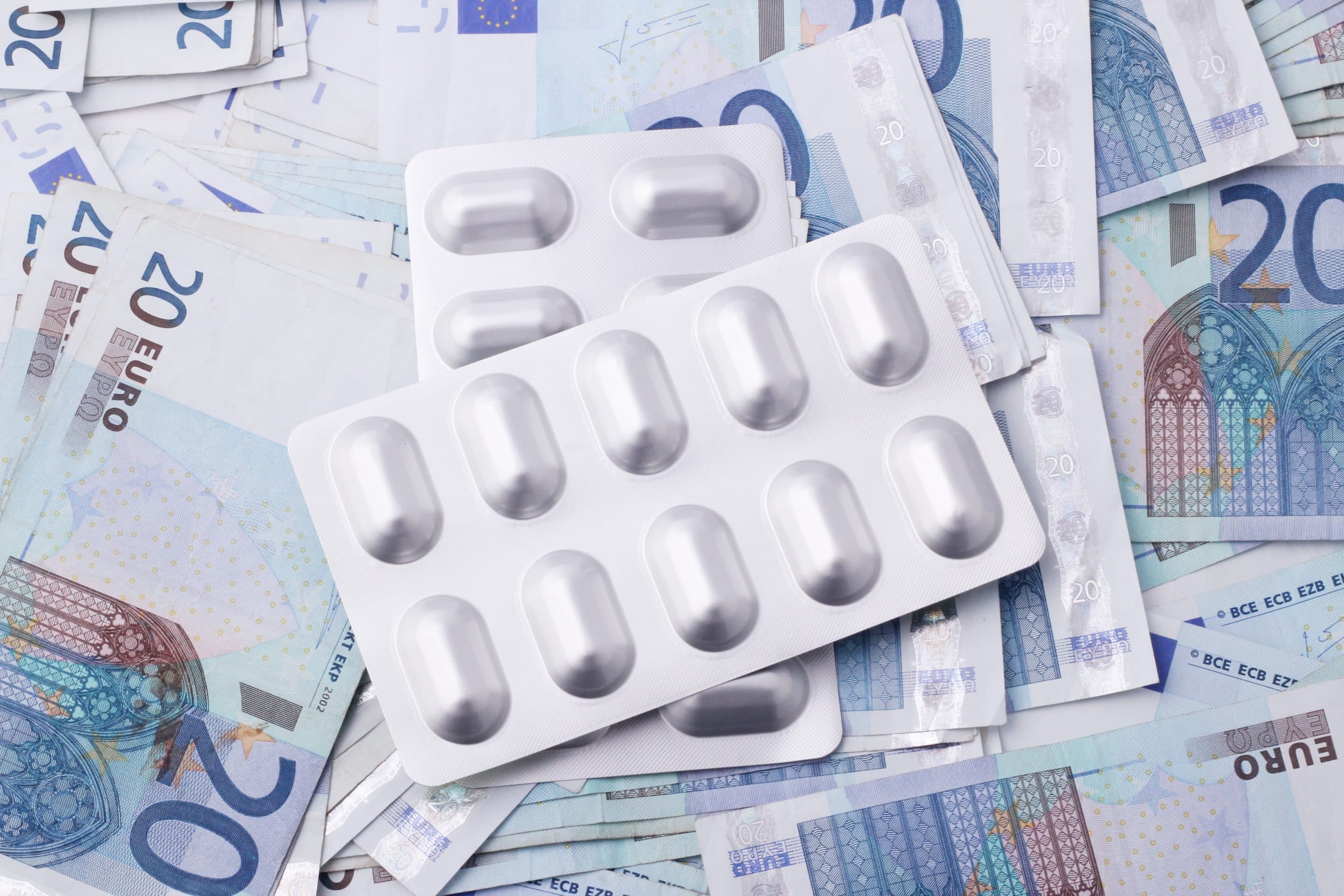What is a counterfeit medicine?
A counterfeit medicine is a medical product which is substandard or falsified and therefore hasn’t undergone evaluation by any regulatory authority before making it to the correct patients. The WHO estimate that 10% of all medicines in low-to-middle income counties are counterfeited which is equivalent to $30billion (£22.9billion) (1). The issue of counterfeit drugs is particularly rife in Africa, where 42% of all documented fake drugs were reported (2). This problem is worsening as more and more criminal syndicates realise the amount of profit that can be made by counterfeiting medicines vs trafficking in illicit narcotics, this is compounded by the relatively low penalties if caught and convicted. For example, in Nigeria the punishment for counterfeiting is a maximum fine of N500,000 (£995) and a prison sentence of 5 to 15 years (3) the punishment for trafficking in illegal narcotics is life imprisonment (4).
Dangers of counterfeit medicines?
Fake medicines may contain the wrong active ingredient or the wrong quantity of the correct active ingredient, additionally they may contain impurities or toxic chemicals due to the substandard manufacture process. Patients who take these medications often have serious health conditions which continue to go untreated combined with serious complications or adverse reactions from either the wrong active ingredient or a toxic by-product (5). Counterfeit anti-malarial drugs alone are cited to kill between 64,000 and 158,000 people per year in sub-Saharan Africa during this same period only 5 people were convicted of counterfeiting offences (6).
What’s being done to fix it?
With so many borders, and different levels of funding and support it is difficult for governments to completely crack down on the import of counterfeit medications however there are a number of initiatives in both the public and private sectors trying to help both patients and healthcare workers determine the legitimacy of the medicines. These range from systems which provide a quick and secure link between pharmacies and manufacturers, AI-powered scanners and specialised barcodes to determine legitimacy and new mobile apps for reporting counterfeit medicines to the appropriate regulatory body (7).
Closer to home…
As a huge proportion of the African population live in poverty for plenty of people buying black-market medicines is the only option but this is a global issue wherever there is poverty. In the USA where medicines can be so expensive people often resort to buying knock-off medicines online. Talking medicines is a start up company based in Glasgow, Scotland which has a database of UK and US approved medicines and is working with regulatory bodies to keep informed on policies around counterfeit medications while allowing people a platform to report any adverse effects they might experience while taking a medicine.
References:
- https://www.who.int/medicines/regulation/ssffc/publications/SE_Study_EN.pdf?ua=1
- https://www.bbc.co.uk/news/world-africa-51122898
- https://www.unodc.org/res/cld/document/nga/counterfeit-and-fake-drugs-and-unwholesome-processed-food-act_html/Nigeria_Counterfeit_and_Fake_Drugs_and_Unwholesome_Processed_Food_Act.pdf
- https://fileserver.idpc.net/library/Drug-laws-in-West-Africa_ENGLISH.pdf
- https://www.who.int/news-room/fact-sheets/detail/substandard-and-falsified-medical-products
- https://uk.reuters.com/article/us-westafrica-drugs-fake/tens-of-thousands-die-in-africa-each-year-due-to-fake-drugs-idUKKCN1NK23I
- https://www.pharmaceutical-technology.com/features/counterfeit-drugs-africa/




